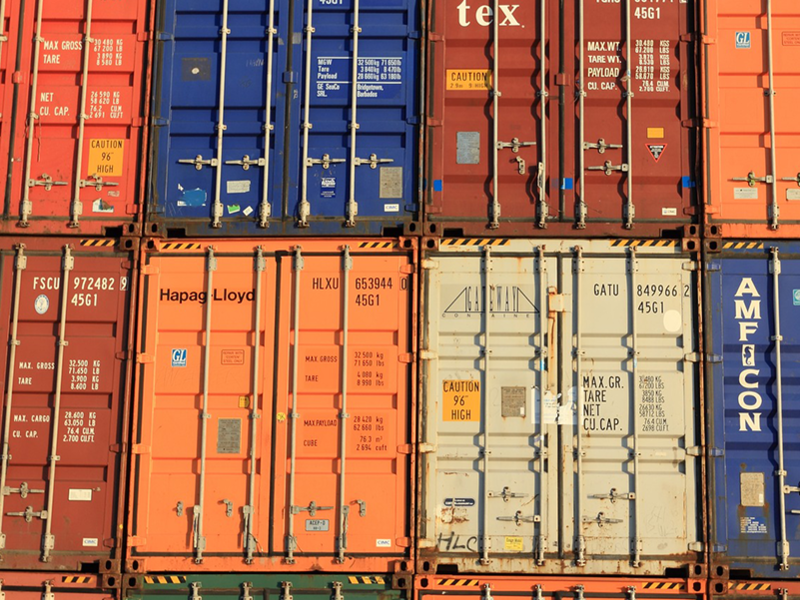The simple use of a container runtime generally scales rather poorly in many aspects and not at all in critical areas (such as availability, reliability, storage, and the provision of network services), so that proprietary solutions for administration - far from any established standards - are often knitted around the containers.
Kubernetes - and thus OpenShift - unifies all aspects of planning, deployment, and interaction of many containers under a single API.
What's in favor of Red Hat OpenShift?

Red Hat OpenShift lets you take advantage of standard Kubernetes technology, while benefiting from additional first-class features, such as:
a fully automated installer compatible with Amazon AWS, Microsoft Azure, Google Cloud, VMware vSphere, Bare Metal, OpenStack and IBM Z
advanced RBAC with fine-tuned permission control
CI/CD integration with Jenkins, Tekton and optionally GitLab
automatic project builds with S2I
- quay.io container registry with optional security features, e.g. automatic scans of containers for known vulnerabilities

Why do you need OpenShift?
And why with Camptocamp?

Your application is still running in a standalone container.
We have many years of expertise with Kubernetes and OpenShift so we can help you create a comprehensive platform from many individual containers.
The automatic creation of container images from your source code, a local container registry, reliable scheduling and containers accessible via DNS entries are only a few of the possibilities available to you with OpenShift. In addition, the user friendly web interface simplifies its management and the integrated monitoring protects you from unexpected surprises.
With OpenShift, you place your containers on an organized platform.

You are moving to a micro service architecture
The move from monolithic applications to smaller, modularized units is a classic scenario that requires an interplay of different containers.
Fixed release cycles are replaced by a higher degree of agility.
Thus you are "faster to market" with your application - especially if your "market" consists of the control of your own production machines.
In short, where the application software is needed, it is available in shortened cycles and also with more new features.

Technical debt should be avoided
Adapt modern technology standards now to prevent legacy issues in your systems later.
Containerization is more than just a short-lived trend (its beginnings go back to the year 2000), and Kubernetes will change the way applications run in the long-term.
A paradigm shift is on the way, orchestrated containerization is reshuffling the IT landscape like virtualization once did - and will establish itself as the new standard.

Do you have the necessary know-how?
If not, you have the choice - managed services or constant knowledge transfer.
Either we take care of your platform from end to end or we stand by you as your preferred partner for managing your containers.. In both cases, you can rely on the support of our certified experts.
As a Kubernetes Training Partner, we can also offer your employees participation in an official two-day Kubernetes training.
Get in contact with us!
Career
Interested in working in an inspiring environment and joining our motivated and multicultural teams?








